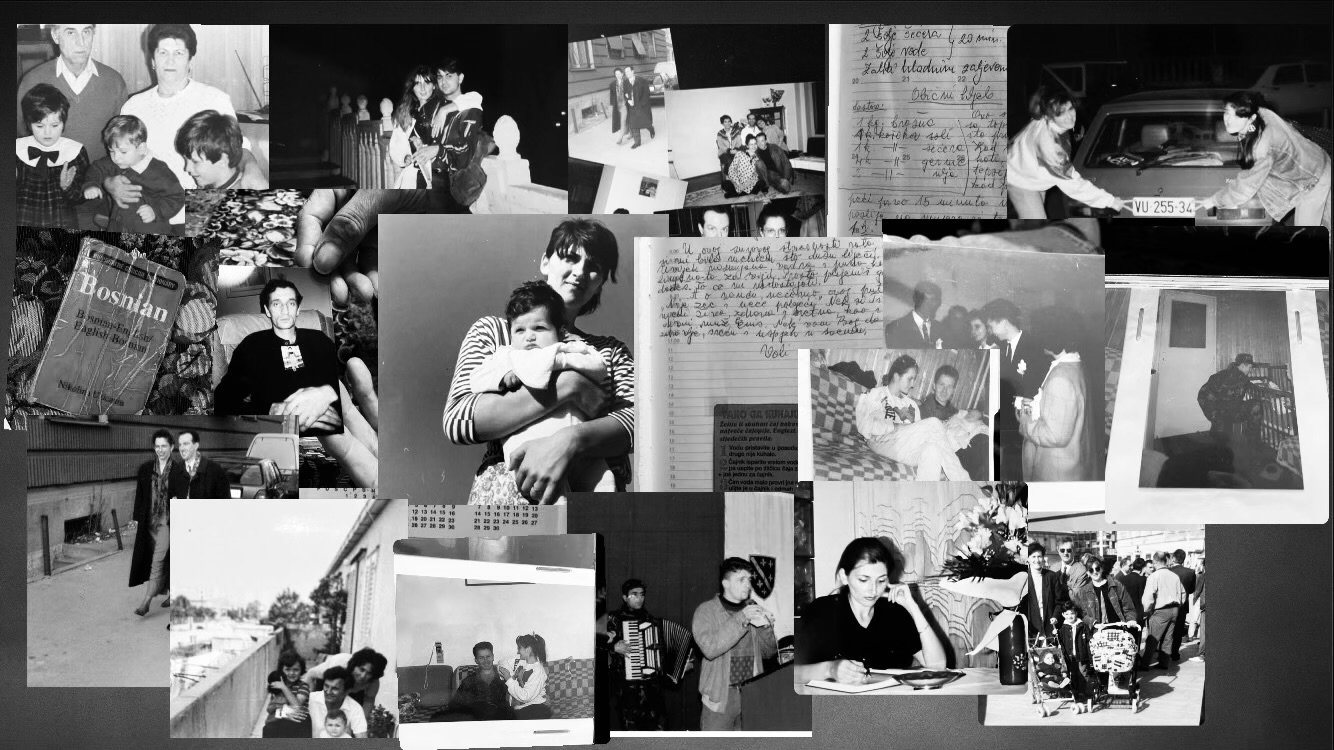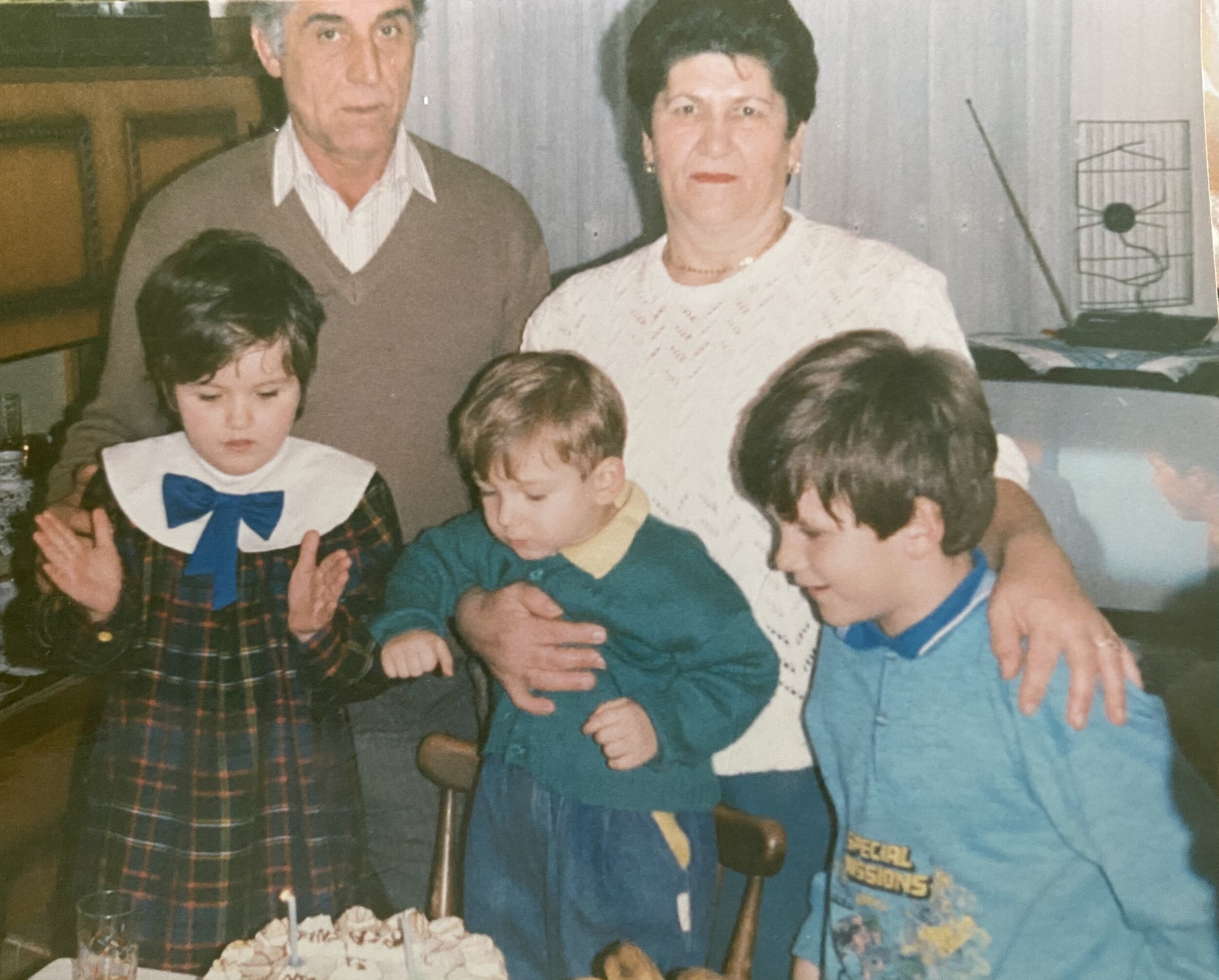
Our Mission:
To preserve history and support reconciliation in the Balkans through storytelling and empirical analysis of testimony.
About
“We like telling stories. We like good burek. We love telling stories and eating good burek. It’s one thing we all agree on.”
Although the Balkans have a long, complicated, and varied history, we believe it is important to compile and understand all of these experiences in order to foster peace. The Burek Initiative is an oral history archive collecting stories from survivors of the breakup of Yugoslavia and other Balkan conflicts. By doing so, we hope to educate people, across the United States, Balkans, and beyond, on the war through testimony. Our goal is to support interpersonal reconciliation through mutual understanding. However, this is only the first step.
While reconciliation may start with candid conversations, we believe it must continue through actionable, research-based policies. The Burek Initiative further seeks to turn testimony into employable and functional policy tools by generating mathematical data from survivor interviews. These models can be utilized by government institutions, local non-governmental organizations, and universities to design different programs and policies for peace and reconciliation.
We are looking to interview anyone from the former Yugoslavia who has survived Balkan conflicts. Interviews will be compiled into an oral history archive that will serve to educate others and preserve history. The Burek Initiative is partnering with universities and other non-profit organizations across the United States and the former Yugoslavia to circulate these interviews, maximizing their reach and ensuring that this history is read by as many as possible. It is our hope that these testimonies can aid in remembering atrocities, fostering mutual understanding, and developing empirically informed policy to ensure that they never happen again.
“There is not one teacher, professor, who can teach you what those of us who survived can teach you. And now, you can listen, and… have some picture, some awful, terrible picture about that, and you all can’t let it happen to you. Love each other. Watch out for each other. Don’t pay attention to who’s who based on beliefs. We’re all made of blood and meat. And […] people can learn that lesson so that it doesn’t happen in your country, what happened in Bosnia. So that it doesn’t happen anywhere.”
“It’s both as complicated and as simple I think as people want it to be.”
“[These interviews] are invaluable. Let this remain in some kind of archive. Let people look at it for I don’t know how many years. It has value… I think that this is systemic work that can provide that kind of documentarian basis for knowing what happened there.”
“When [my daughter] asked me about doing this [interview], I said to her that it wasn’t a problem, but, my God, it’s just so tough to be able to... to share those details with you. You maybe noticed that parts of it were tough for me […]. That period... I wouldn’t wish it on anybody. But it’s kind of... it’s special when someone can share what-what-what they can, isn’t it?”



